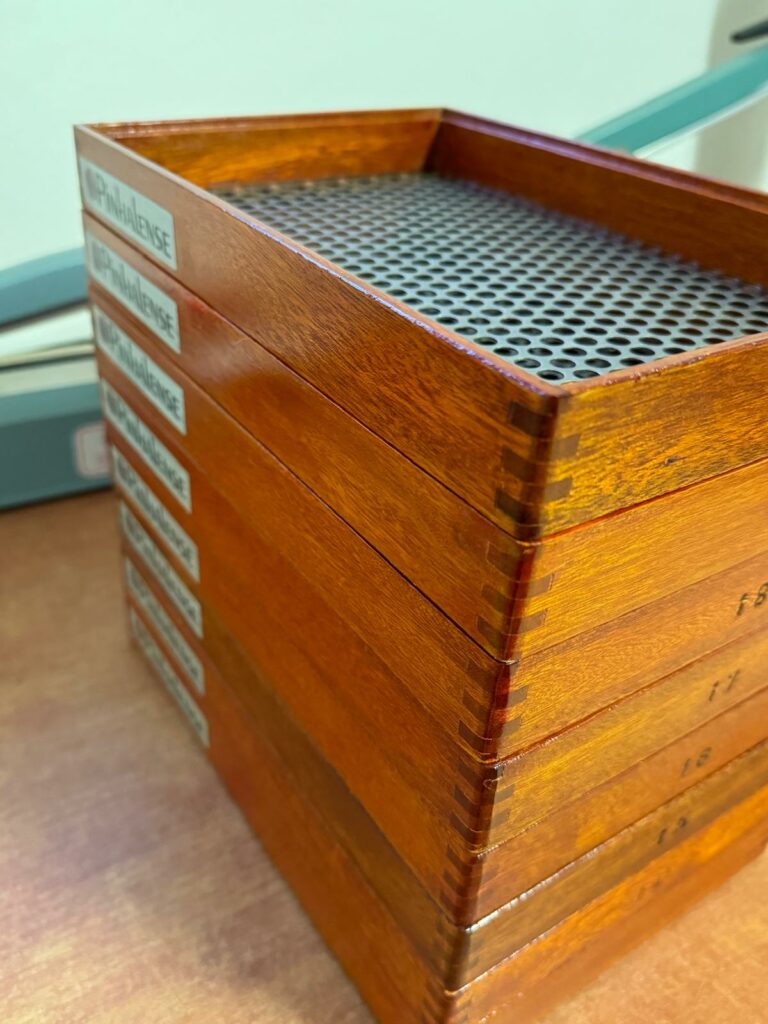Have you ever wondered where coffee, roasting, and consumption came from? The history of coffee is imprecise, but the fruit was first roasted in Persia. The Arabs maintained a monopoly on the product until the 16th century. But, starting in 1615, the bean began to be tasted on the European continent, brought by travelers after their incursions to the East.
Europe’s interest in the beverage led the Dutch to smuggle fresh fruit. The French, for example, started plantations on the islands of Sandwich and Bourbon. From there, the Europeans brought seedlings of the plant to their colonies in Latin America.
The arrival of coffee in Brazil is attributed to the sergeant-major, Francisco de Mello Palheta. In 1727, he was commissioned by the governor of Maranhão and Grão Pará to visit French Guiana and obtain a seedling of the fruit, which had become a product of high commercial value at the time. At the end of the trip, the first lady offered him a seedling of Arabica coffee, which he brought back to Belém do Pará hidden in his luggage.
The climatic conditions in Brazil were favorable and soon the cultivation of coffee spread to other states. Rio de Janeiro was the starting point for large plantations, which extended to São Paulo through the city of Ubatuba. It didn’t take long for the coffee plantations to occupy other regions and reach the states of Minas Gerais and Paraná. In 1830, the bean was already the main product of Brazilian exports. Coffee boosted the economic development of Brazil, especially the state of São Paulo, which built new railroads to transport merchandise to the Port of Santos.
Today, coffee is no longer Brazil’s main export product but it is one of the most prominent commodities in foreign sales within the agribusiness segment. Still, Brazil leads as one of the largest coffee producers and exporters in the world ranking. Among all the states, Minas Gerais is the one that produces and exports the most coffee and covers almost half of the national production.
The most produced coffee beans in Brazil are Arabica and Conillon (or Robusta). Arabica and Conilon coffee varietals come from natural mutations or genetic improvement. Arabica coffee has found a place among gourmet coffee lovers because it is slightly acidic and sweet. The Conilon bean, on the other hand, has a chocolate nuance and is perfect as instant / soluble coffee. Here are the main varieties of Brazilian coffees:
- Acaiá: good productivity, presents red fruits, with uniform maturation. Its beverage is fruity and smoothy;
- Catuaí: is one of the most cultivated coffees in Brazil, above 1,000 meters of altitude. The drink from the red Catuaí has more body than the yellow Catuaí;
- Icatu: its maturation varies from medium to late. With high resistance to rust, this variety produces red and yellow cherries;
- Bourbon: its cultivar is more complex, and its productivity is lower than other varieties. It is sweet, with balanced acidity, and mild flavor, but a strong aroma. Cherries can be yellow, red, and pink.
As it is known, the altitude of the plantations directly interferes with the quality of the coffee. In Brazil, the altitude is at least 600 meters in coffee regions. In the South of Minas Gerais, the altitude varies from 900 and 1500 meters, providing favorable conditions for producing Arabica beans.
Due to the large scale of coffee production in Brazil, there is a body that regulates and creates new coffee varieties, the CNC (National Coffee Council). The CNC has an intense relationship with the Embrapa Coffee Consortium, which encourages research into quality and sustainability. Significant advances in Brazilian coffee farming are related to significant investments in research such as genetic improvement, pest control, biotechnology, nutrition and soil fertility, and post-harvest technologies, among other projects developed by partner institutions. The close and constant relationship with scientific institutions, such as Embrapa Café, provides pioneering studies that are transforming the daily routine of national coffee production.
Besides coffee, Brazil is also responsible for the exportation of other major commodities, such as sugar cane, oranges, soy, and corn. The CNA (Agriculture and Livestock Council of Brazil) unites associations and political and rural leadership throughout the country. CNA also supports the generation of new technologies that can help the producer in planting and management and the creation of agribusinesses responsible for increasing rural productivity. Another major initiative of the entity is the cooperation and support of regional programs of agricultural development, especially those aimed at reducing geo-economic inequalities in all Brazilian states.



